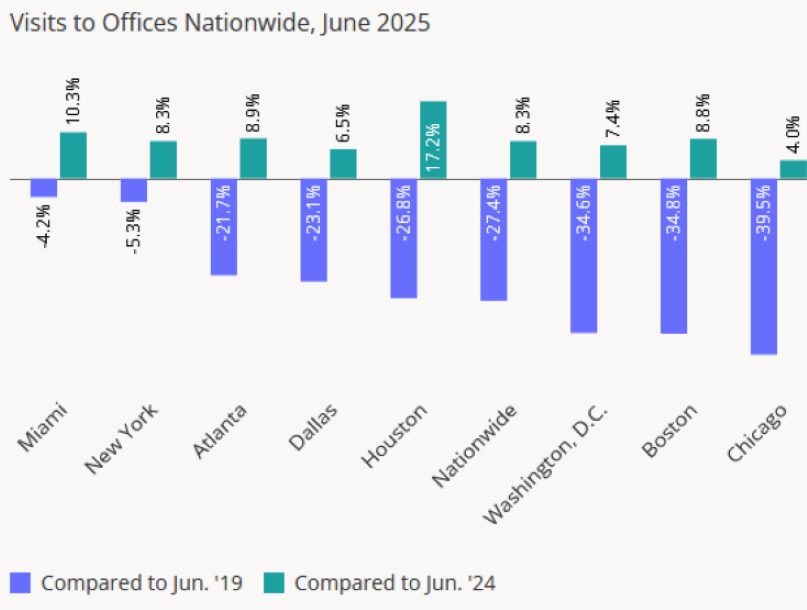Covenant-Lite Loans in a Heavily Regulated Environment
By Marcelo Bermúdez, President, Figueroa Capital Group, subsidiary of Charles Dunn Co.: Rarely is there a day that goes by where a client doesn't ask me if whatever we are trying to accomplish can be non-recourse or if certain covenants can be stripped during the negotiation process.
By Marcelo Bermúdez, President, Figueroa Capital Group, subsidiary of Charles Dunn Co.
Rarely is there a day that goes by where a client doesn’t ask me if whatever we are trying to accomplish can be non-recourse or if certain covenants can be stripped during the negotiation process. Being that our massive federal budget has been out of the headlines because of the Syrian conflict, and certain tax increases are allowing for decent economic growth of 2.5 percent since the last part of the year, it seems like many borrowers and investors feel like everything is back to normal in a bizarre universe.
Congress has not passed a comprehensive budget in the last four years. They will be running out of money in the next month and a half yet again because of partisan bickering. The upside is that with all the Treasury revenue coming in (more than $100 billion), the deficit, as a percent of GDP, will drop to around 4 percent; significantly down from 10 percent just a few years ago. It is expected to hit 2 percent of GDP by 2015. It’s hard to say the labor market has improved any since the unemployment rate is still above the target to justify QE tapering, but the conversations are clear that the Fed is headed there sooner than later. Volatility is expected in any market, but you can’t expect real progress if certain things are not resolved.
Borrowers don’t care, however, and their loyalties seem to lie with whoever will offer the lowest rate with the lightest covenant requirements. Banks are trying to make everyone happy from the regulators who monitor them, to the depositors who demand they offer the right products for their businesses and investments. Regulators are thoroughly reviewing bank policies, portfolios, and financials not once a year, but as many as four times a year. Two of the most requested exceptions to lending policies by borrowers are personal guarantees and delivering audited financial statements. Educating borrowers on this part of the process can be challenging.
Even at a 10-year fixed rate of just above 5 percent, borrowed money is still comparatively cheap from pre-2008 rates and a bargain compared to the 1980s. There has been little inflation, and these rates are undoubtedly small compared to what they expect to see in five, seven and 10 years when the loans mature. The fact is, newer loans will be priced higher and with some investors betting on cheap money to bid up a property, banks will be looking at future cash flows to see if they can carry it or offer a lower leveraged loan.
If you want a non-recourse or covenant-lite loan, be prepared to pay for it in rate or actual loan dollars received. If a regulator is stress testing every inch of a bank’s portfolio, you can be assured the lender will try to safeguard against anything becoming a problem. It is also good business to sustain your investment in a worst-case scenario.








You must be logged in to post a comment.